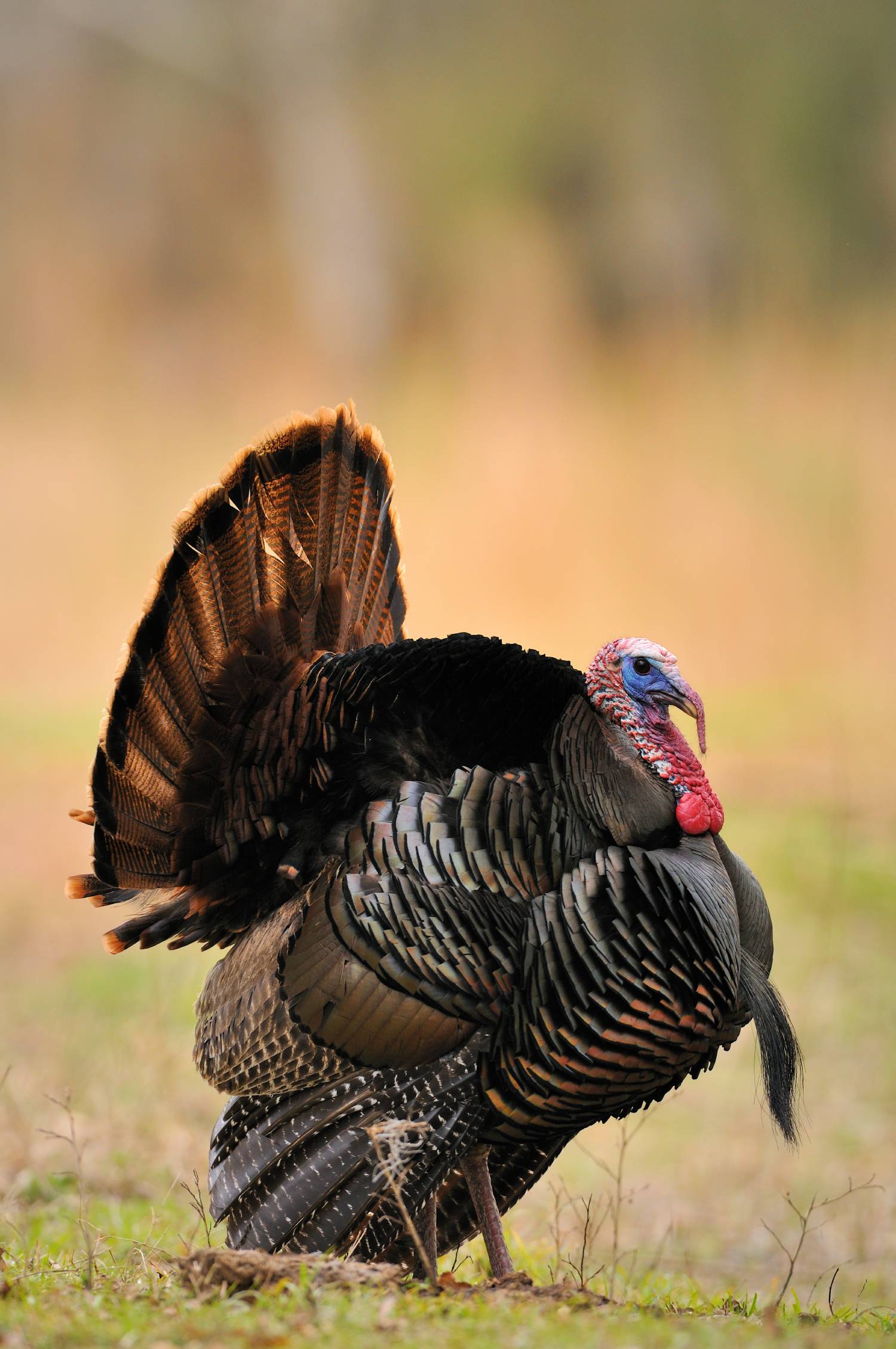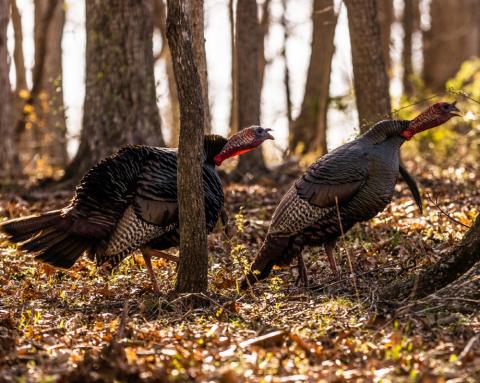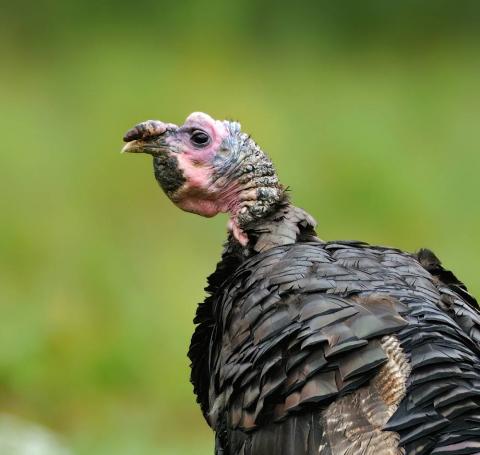Sam White
Since its founding in 1939, the International Game Fish Association has fulfilled many roles in the evolution of recreational sport fishing, both in the United States and around the world. From record-keeping to historical caretaker to a driving force in fisheries conservation and so much more, the IGFA has been there every step of the way.
The sheer weight of the organization’s history is nothing short of fascinating. It was founded in the years leading up to World War II by Michael Lerner, a visionary who also had the financial capability and angling knowledge to take on the role. Previously, records and other information on game fish species were housed in a back office in the American Museum of Natural History in Washington D.C., but Lerner realized the need for more. He felt there should be a sort of governing body for the growing sport, one that could not only be responsible for the records but could also come up with a standard set of ethical angling rules for others to follow, while also encouraging research into all species of fish. It was no small task but again, Lerner was up for the immense challenges that lay ahead. Until he left the organization in 1961, the initial growth of the IGFA was his sole responsibility—no one even took credit as a co-founder.
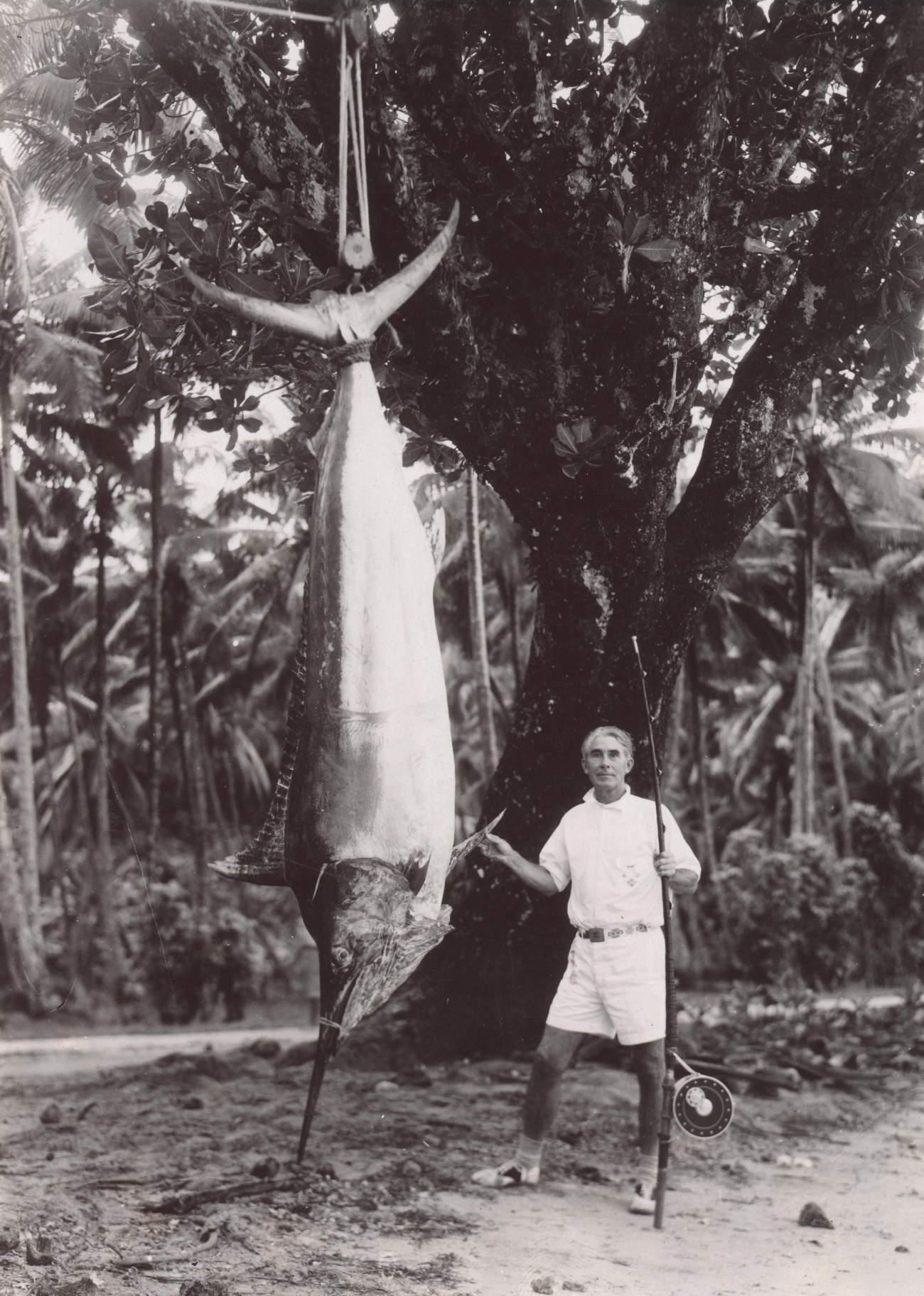
Since the late 1930s, the International Game Fish Association has served as the voice of the worldwide recreational angling community. Inshore or offshore, fresh water or salt water, the IGFA is involved.
World Records Go Mainstream
Although the IGFA was responsible for maintaining extensive lists of world records for both overall largest and in individual line classes, that information was not widely distributed to the general public until 1971, when they released its first edition of World Record Marine Fishes. That first historic edition was a 22-page booklet which, in addition to the records, included a listing of the officers and member clubs and organizations as well as procedures for submitting record claims and a list of the angling rules to follow. Interest began to grow in chasing world records. By comparison, the 2023 World Record Game Fishes annual publication is nearly 500 pages in length and is a substantial volume of information.
The organization, which became a non-profit entity in the 1970s under the leadership of then-president Elwood K. Harry, also undertook a series of important conservation measures over the years. These included a program to remove billfish species from consumption in restaurants, appropriately called “No Marlin on the Menu,” as well as the establishment of the IGFA Great Marlin Race. In conjunction with scientists at Stanford University, billfish are tagged using pop-up satellite tags, which have the ability to determine their position for as long as they remain attached to the fish, usually around 90 days. After release, these tags float to the surface and transmit their accumulated data on the fish’s movements to orbiting satellites, which then relay it back to the scientific team for review. It’s open-source research that’s available to anyone regardless of background, and its nothing short of ground-breaking.
Education and outreach soon became another key point of focus. By partnering with fishing clubs around the world, while also establishing a unique network of IGFA representatives—well-known members of the local fishing communities—the growth of sport fishing became a truly global phenomenon. It wasn’t uncommon for anglers traveling to far-flung destinations to meet with the IGFA rep upon arrival, where they could assist with the local customs as well as also provide a few inside tips on the fishery. Today, there are more than 300 representatives in 125 nations around the world, and they continue to be a very useful link to local knowledge.
Conservation efforts have also been a long-standing foundation of the IGFA’s work. By expanding the knowledge of virtually all game fish species in both fresh and salt water, the organization has helped the scientific and recreational communities better drive the management of these species.
In August 2021, the International Game Fish Association received accreditation to globally represent recreational anglers and their conservation communities at the United Nations level. Never before have the world's recreational anglers had a voice and representative observer status at the United Nations Environment Assembly, further proof of the incredible work the organization continues to perform in the conservation of game fish species worldwide.
The Modern Era
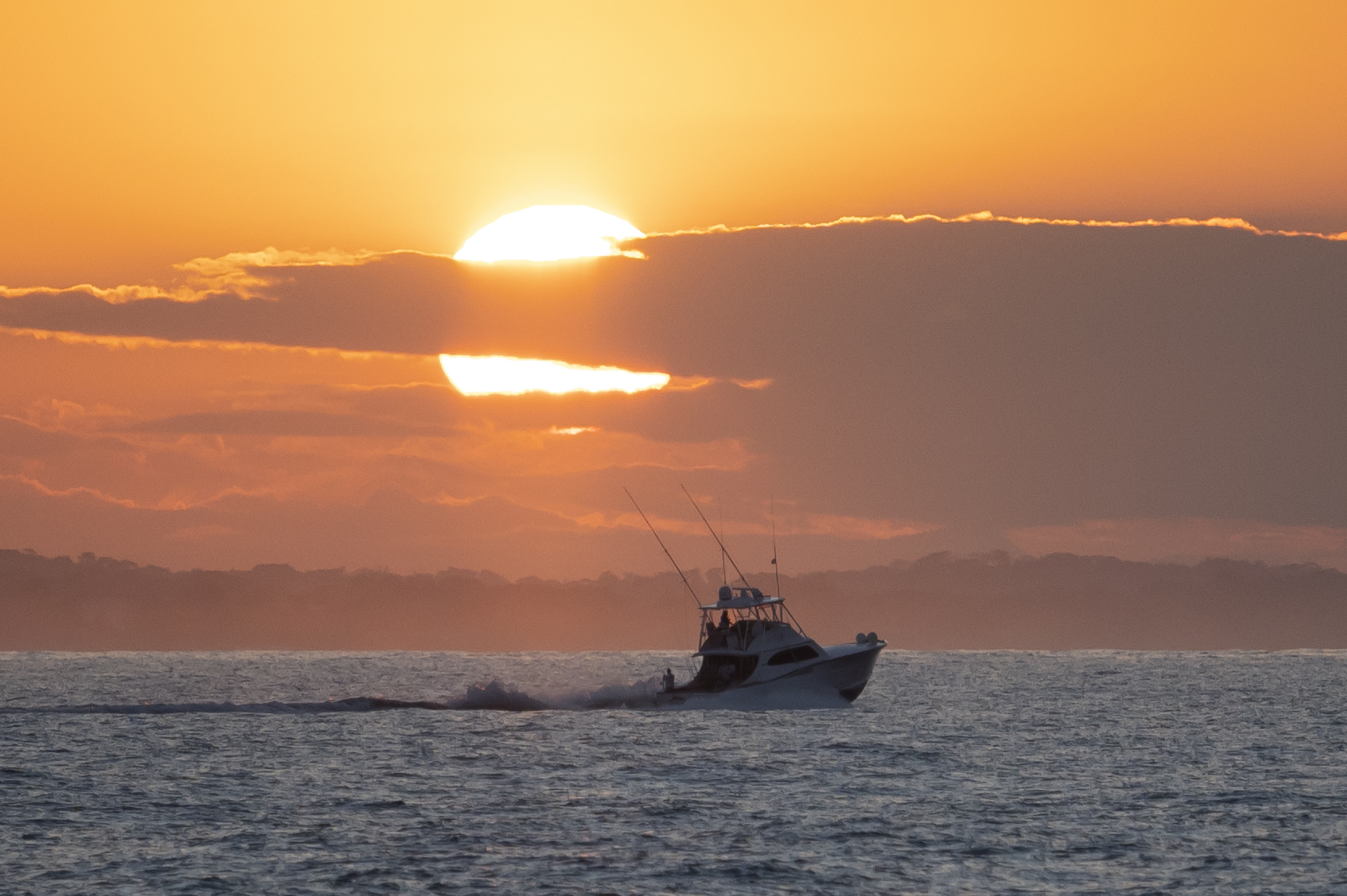
The IGFA’s annual member publication, "World Record Game Fishes," now numbers nearly 500 pages and includes information on world records as well as angling rules, representatives and clubs and much more.
Today, under the leadership of current president Jason Schratwieser, the IGFA has established a vision, “as the most widely recognized authority on game fish and angling-related matters in the world, dedicated to the conservation of game fish and the promotion of responsible, ethical angling practices, through science, education, rulemaking, record keeping and recognition of outstanding accomplishments in the field of angling.” Its corporate offices and Elwood K. Harry Library of Fishes are located in Dania Beach, Florida, while the Fishing Hall of Fame and associated exhibits are housed at Johnny Morris’ Wonders of Wildlife National Museum and Aquarium in Springfield, Missouri, where it hosts millions of visitors each year. The Fishing Hall of Fame recognizes extraordinary achievements of anglers, captains, scientists, conservationists, writers, and fishing industry leaders. The first class was inducted in 1998; since then, additional fishing luminaries have been welcomed at an annual induction ceremony held each October.
It’s certainly a long way from a dusty back-office hallway in the American Museum of Natural History in 1939.
















